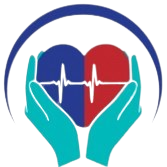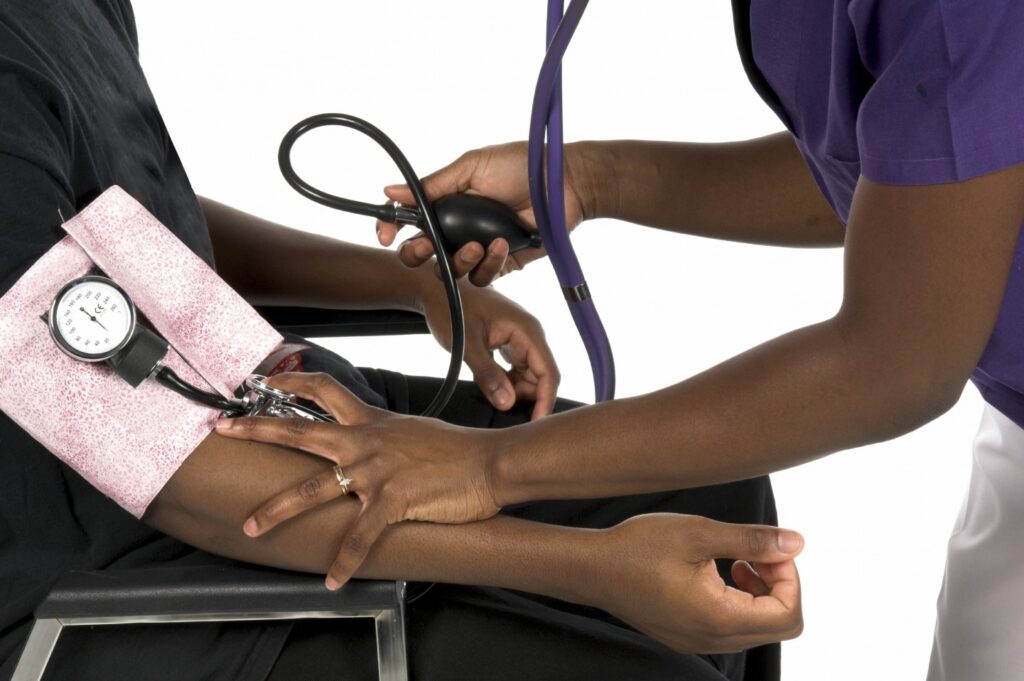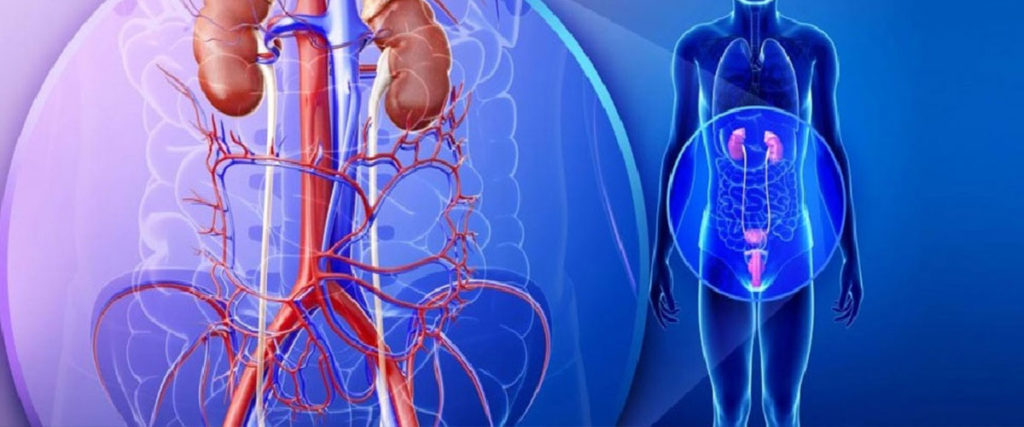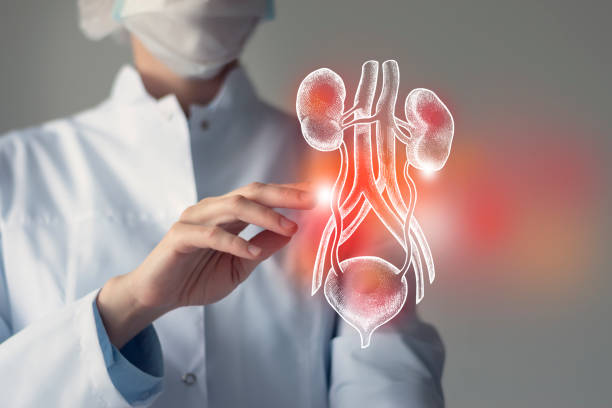Our genes hold the blueprint for who we are, influencing everything from our eye color to our risk of certain health conditions. When it comes to heart health, genetics play a significant role, contributing to the unique interplay between our genetic makeup and lifestyle factors. In this blog post, we delve into the fascinating world of genetics and their impact on cardiovascular health.
The Genetic Landscape of Heart Health
Hereditary Factors: Family history can provide valuable insights into your heart health. If close relatives have experienced heart disease, your risk may be higher due to shared genetics and lifestyle habits.
Genetic Variations: Certain genetic variations, known as single nucleotide polymorphisms (SNPs), can influence your susceptibility to heart disease. Some SNPs are associated with cholesterol metabolism, blood pressure regulation, and inflammation.
Monogenic Disorders: Rare genetic mutations can cause monogenic disorders, leading to conditions like familial hypercholesterolemia, which results in high cholesterol levels from birth.
Genetics and Lifestyle: The Dynamic Duo
Nature vs. Nurture: While genetics can predispose you to heart disease, lifestyle choices play a pivotal role in whether those genetic tendencies manifest. A healthy lifestyle can mitigate genetic risks.
Healthy Diet: Individuals with a genetic predisposition to high cholesterol should be especially vigilant about adopting a heart-healthy diet to manage their risk.
Physical Activity: Regular exercise can influence gene expression, positively impacting heart health even in those with a genetic predisposition.
Genetic Testing: Empowering Your Heart Health
Early Detection: Genetic testing can identify specific genetic markers associated with heart disease risk, offering a window of opportunity for proactive intervention.
Tailored Care: Genetic information can guide personalized healthcare plans, optimizing prevention and treatment strategies.
Informed Decision-Making: Understanding your genetic risk empowers you to make informed choices about lifestyle, medications, and monitoring.
The Future of Heart Health
Precision Medicine: The field of precision medicine is harnessing genetic insights to develop targeted treatments and interventions for cardiovascular conditions.
Risk Prediction: As genetic research advances, more accurate risk prediction models will emerge, allowing individuals to take preventive actions.
Conclusion
While genetics undoubtedly influence heart health, they do not dictate destiny. Armed with knowledge about your genetic predisposition, you can take proactive steps to protect your heart through a combination of lifestyle modifications, regular check-ups, and informed decision-making. Genetics is only one piece of the puzzle; your choices and commitment to your well-being can significantly shape the course of your heart health journey. Embrace the power of understanding, and let it guide you toward a heart-healthy life.




















